As the global demand for leather continues to rise, concerns surrounding its environmental impact and ethical concerns have become increasingly prominent. In response to these challenges, the market for artificial leather, also known as synthetic leather or faux leather, has gained significant traction in recent years. Artificial leather offers a sustainable and versatile alternative to traditional leather, effectively meeting the demand for cruelty-free, cost-effective, and eco-friendly materials. This summary explores the artificial leather industry, focusing on its suppliers and their contribution towards satisfying the market’s demands. Understanding Artificial Leather: Artificial leather is a synthetic material that imitates the look and feel of genuine leather. It is primarily composed of a fabric base, often polyester, coated with a polymer layer, typically polyurethane (PU) or polyvinyl chloride (PVC). The fabric base provides strength and stability, while the polymer coating gives artificial leather its leather-like appearance and texture. The industry has made significant advancements in improving the quality and durability of artificial leather, making it difficult to distinguish from genuine leather, both visually and tactually. The Role of Artificial Leather Suppliers: Artificial leather suppliers play a crucial role in meeting the growing demand for sustainable leather alternatives across various industries. They specialize in manufacturing and distributing synthetic leather materials to customers worldwide. These suppliers collaborate with designers, manufacturers, and consumers to develop and provide artificial leather solutions that cater to numerous applications, including fashion, automotive upholstery, furniture, footwear, and accessories. Key Characteristics and Advantages of Artificial Leather: 1. Environmentally Friendly: Artificial leather has a significantly lower environmental impact compared to genuine leather, as it does not require the use of animal hides and results in fewer greenhouse gas emissions and water pollution. Additionally, advances in production techniques have allowed for the development of eco-friendly artificial leather made from recycled materials. 2. Cost-Effective: Synthetic leather is often more affordable than genuine leather, making it an attractive option for both manufacturers and consumers. Its lower price point can help reduce production costs and offer more affordable alternatives for consumers looking for leather-like products without breaking the bank. 3. Versatile and Customizable: Artificial leather can be produced in a wide range of colors, textures, and designs, offering a versatile solution for designers and manufacturers. The material can be easily customized to meet specific requirements, leading to endless possibilities for creativity and innovation. 4. Durability and Maintenance: With technological advancements, artificial leather has become increasingly durable and resistant to wear and tear. It requires minimal maintenance and is often easier to clean compared to genuine leather, making it a practical choice for applications where frequent cleaning is necessary. Key Players in the Artificial Leather Supplier Market: The artificial leather supplier market is highly competitive and consists of both established players and emerging companies. Some of the key players in this industry include: 1. Kuraray Co., Ltd: Kuraray is a global leading supplier of synthetic leather, providing a wide range of products under its trademarked brands, including Clarino and Clarino X Model, which offer exceptional quality, durability, and realistic leather textures. 2. Alfatex Italia SRL: Alfatex is an Italian company specializing in the production and distribution of high-quality artificial leather for various sectors, such as automotive, footwear, and accessories.
leather
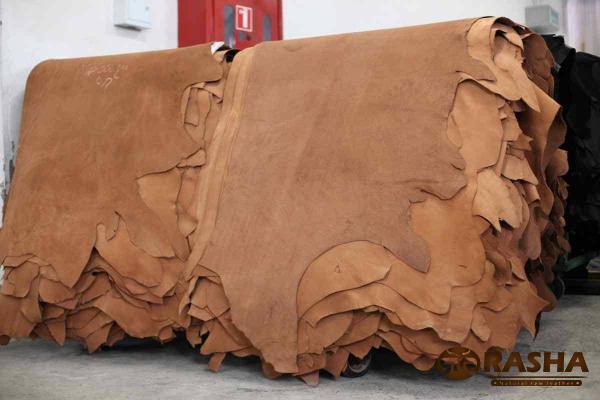 They pride themselves on their constant innovation and commitment to sustainability. 3. Yantai Wanhua Synthetic Leather Group: As one of the largest synthetic leather manufacturers in China, Yantai Wanhua offers a diverse range of artificial leather products. They provide materials for various applications, from automotive interiors to fashion accessories. 4. Teijin Limited: Teijin, a chemical company based in Japan, offers innovative synthetic leather solutions under the brand name TERRAMAC. Their products are designed to replicate the look and feel of natural leather while reducing environmental impact. Market Trends and Future Directions: The artificial leather industry has witnessed rapid growth in recent years and is expected to continue expanding. Several key market trends and future directions shape the industry’s development: 1. Growing Demand for Sustainable Materials: With an increasing focus on sustainability and animal welfare, the demand for artificial leather is expected to rise further. Consumers and businesses are gradually shifting towards cruelty-free alternatives, creating opportunities for artificial leather suppliers to cater to this demand. 2. Technological Advancements: Continued advancements in manufacturing techniques and material innovation have resulted in significant improvements in the quality, durability, and aesthetic appeal of artificial leather. Suppliers are investing in research and development to further enhance these attributes, providing even better alternatives to genuine leather. 3. Expansion into New Markets: Artificial leather suppliers are exploring new market segments, such as the automotive industry, where there is a growing demand for sustainable and high-quality materials for interior upholstery. Additionally, the fashion industry presents significant opportunities due to the increasing awareness of sustainable fashion and the need for vegan alternatives. Conclusion: Artificial leather suppliers play a crucial role in meeting the global demand for sustainable and versatile leather alternatives. With a commitment to quality, innovation, and environmental consciousness, these suppliers are driving the growth of the artificial leather industry. As the market expands and consumer preferences continue to evolve, suppliers are expected to play an increasingly pivotal role in developing advanced artificial leather solutions that cater to a wide range of industries. Artificial Leather Supplier: Addressing the Growing Demand for Sustainable and Versatile Leather Alternatives I. Introduction The demand for artificial leather, also known as synthetic leather or faux leather, has been steadily increasing in recent years. This surge in demand can be attributed to the rising concerns regarding the environmental impact and ethical issues associated with traditional leather production.
They pride themselves on their constant innovation and commitment to sustainability. 3. Yantai Wanhua Synthetic Leather Group: As one of the largest synthetic leather manufacturers in China, Yantai Wanhua offers a diverse range of artificial leather products. They provide materials for various applications, from automotive interiors to fashion accessories. 4. Teijin Limited: Teijin, a chemical company based in Japan, offers innovative synthetic leather solutions under the brand name TERRAMAC. Their products are designed to replicate the look and feel of natural leather while reducing environmental impact. Market Trends and Future Directions: The artificial leather industry has witnessed rapid growth in recent years and is expected to continue expanding. Several key market trends and future directions shape the industry’s development: 1. Growing Demand for Sustainable Materials: With an increasing focus on sustainability and animal welfare, the demand for artificial leather is expected to rise further. Consumers and businesses are gradually shifting towards cruelty-free alternatives, creating opportunities for artificial leather suppliers to cater to this demand. 2. Technological Advancements: Continued advancements in manufacturing techniques and material innovation have resulted in significant improvements in the quality, durability, and aesthetic appeal of artificial leather. Suppliers are investing in research and development to further enhance these attributes, providing even better alternatives to genuine leather. 3. Expansion into New Markets: Artificial leather suppliers are exploring new market segments, such as the automotive industry, where there is a growing demand for sustainable and high-quality materials for interior upholstery. Additionally, the fashion industry presents significant opportunities due to the increasing awareness of sustainable fashion and the need for vegan alternatives. Conclusion: Artificial leather suppliers play a crucial role in meeting the global demand for sustainable and versatile leather alternatives. With a commitment to quality, innovation, and environmental consciousness, these suppliers are driving the growth of the artificial leather industry. As the market expands and consumer preferences continue to evolve, suppliers are expected to play an increasingly pivotal role in developing advanced artificial leather solutions that cater to a wide range of industries. Artificial Leather Supplier: Addressing the Growing Demand for Sustainable and Versatile Leather Alternatives I. Introduction The demand for artificial leather, also known as synthetic leather or faux leather, has been steadily increasing in recent years. This surge in demand can be attributed to the rising concerns regarding the environmental impact and ethical issues associated with traditional leather production.
Specifications of leather
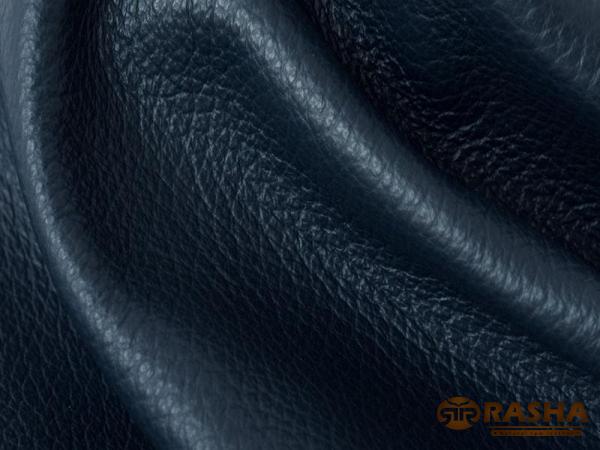 As a result, the artificial leather supplier market has emerged as a key player in the quest to provide sustainable and versatile alternatives to genuine leather. This article will delve into the industry of artificial leather suppliers, explore the advantages and challenges they face, and discuss the future prospects of this market. II. Understanding Artificial Leather Artificial leather is a synthetic material that imitates the appearance, texture, and qualities of genuine leather. It is composed of a fabric base, typically polyester, coated with a layer of polymer, commonly polyurethane (PU) or polyvinyl chloride (PVC). The combination of these materials gives artificial leather its durability, flexibility, and aesthetic appeal. Over the years, significant advancements have been made to improve the quality of artificial leather, making it difficult to distinguish from its natural counterpart. III. The Role of Artificial Leather Suppliers Artificial leather suppliers play a crucial role in the market by manufacturing and distributing synthetic leather to various industries across the globe. These suppliers work closely with designers, manufacturers, and consumers to develop and provide artificial leather solutions that cater to the specific demands of different applications such as fashion, automotive upholstery, furniture, footwear, and accessories. Their expertise lies in producing high-quality artificial leather that meets the desired specifications of their clients. IV. Key Characteristics and Advantages of Artificial Leather 1. Environmental Friendliness: One of the key advantages of artificial leather is its minimal environmental impact. Unlike genuine leather production, artificial leather does not require the use of animal hides and therefore reduces deforestation and greenhouse gas emissions. Additionally, advancements in production techniques have led to the development of eco-friendly artificial leather made from recycled materials, further enhancing its sustainability. 2. Cost-Effectiveness: Synthetic leather is generally more affordable than genuine leather, making it an attractive option for various industries. With its lower price point, artificial leather offers manufacturers and consumers the opportunity to reduce costs without compromising on quality or style, making it an economically viable choice. 3. Versatility and Customizability: Artificial leather can be customized to suit various needs, making it a versatile material for designers and manufacturers. It can be produced in different colors, textures, and designs, allowing for endless possibilities in creating unique and innovative products. 4. Durability and Maintenance: Artificial leather is known for its durability and resistance to wear and tear. It is often more resilient than genuine leather and requires minimal maintenance. With its easy-to-clean properties, artificial leather is favored for applications where frequent cleaning or exposure to harsh conditions is expected. V. Key Players in the Artificial Leather Supplier Market The artificial leather supplier market is highly competitive and diverse, consisting of established players and emerging companies. Some prominent suppliers in the industry include: 1. Kuraray Co., Ltd: Kuraray is a global leader in the production and distribution of synthetic leather.
As a result, the artificial leather supplier market has emerged as a key player in the quest to provide sustainable and versatile alternatives to genuine leather. This article will delve into the industry of artificial leather suppliers, explore the advantages and challenges they face, and discuss the future prospects of this market. II. Understanding Artificial Leather Artificial leather is a synthetic material that imitates the appearance, texture, and qualities of genuine leather. It is composed of a fabric base, typically polyester, coated with a layer of polymer, commonly polyurethane (PU) or polyvinyl chloride (PVC). The combination of these materials gives artificial leather its durability, flexibility, and aesthetic appeal. Over the years, significant advancements have been made to improve the quality of artificial leather, making it difficult to distinguish from its natural counterpart. III. The Role of Artificial Leather Suppliers Artificial leather suppliers play a crucial role in the market by manufacturing and distributing synthetic leather to various industries across the globe. These suppliers work closely with designers, manufacturers, and consumers to develop and provide artificial leather solutions that cater to the specific demands of different applications such as fashion, automotive upholstery, furniture, footwear, and accessories. Their expertise lies in producing high-quality artificial leather that meets the desired specifications of their clients. IV. Key Characteristics and Advantages of Artificial Leather 1. Environmental Friendliness: One of the key advantages of artificial leather is its minimal environmental impact. Unlike genuine leather production, artificial leather does not require the use of animal hides and therefore reduces deforestation and greenhouse gas emissions. Additionally, advancements in production techniques have led to the development of eco-friendly artificial leather made from recycled materials, further enhancing its sustainability. 2. Cost-Effectiveness: Synthetic leather is generally more affordable than genuine leather, making it an attractive option for various industries. With its lower price point, artificial leather offers manufacturers and consumers the opportunity to reduce costs without compromising on quality or style, making it an economically viable choice. 3. Versatility and Customizability: Artificial leather can be customized to suit various needs, making it a versatile material for designers and manufacturers. It can be produced in different colors, textures, and designs, allowing for endless possibilities in creating unique and innovative products. 4. Durability and Maintenance: Artificial leather is known for its durability and resistance to wear and tear. It is often more resilient than genuine leather and requires minimal maintenance. With its easy-to-clean properties, artificial leather is favored for applications where frequent cleaning or exposure to harsh conditions is expected. V. Key Players in the Artificial Leather Supplier Market The artificial leather supplier market is highly competitive and diverse, consisting of established players and emerging companies. Some prominent suppliers in the industry include: 1. Kuraray Co., Ltd: Kuraray is a global leader in the production and distribution of synthetic leather.
buy leather
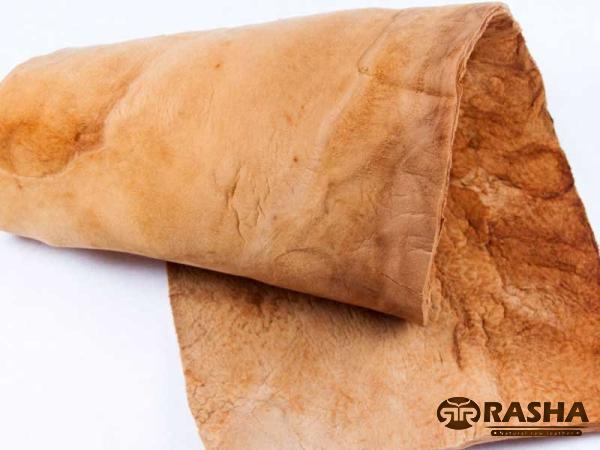 Its trademarked brands, Clarino and Clarino X Model, are known for their exceptional quality, durability, and realistic leather textures. 2. Alfatex Italia SRL: Alfatex is an Italian company that specializes in the manufacturing and distribution of high-quality artificial leather. It has made a name for itself in the automotive, footwear, and accessories sectors, offering innovative and sustainable solutions. 3. Yantai Wanhua Synthetic Leather Group: As one of China’s largest synthetic leather manufacturers, Yantai Wanhua provides a diverse range of artificial leather products tailored to various industries. Their materials are widely used in automotive interiors and fashion accessories. 4. Teijin Limited: Teijin, a Japanese chemical company, offers synthetic leather solutions under the brand name TERRAMAC. Their products prioritize replicating the look and feel of natural leather while minimizing environmental impact. VI. Market Trends and Future Directions The artificial leather industry has experienced rapid growth in recent years, fueled by several market trends and future directions: 1. Growing Demand for Sustainable Materials: With an increasing emphasis on sustainability and ethical considerations, the demand for artificial leather is expected to continue rising. Consumers and businesses are actively seeking cruelty-free alternatives, providing significant opportunities for artificial leather suppliers to meet this demand. 2. Technological Advancements: Ongoing advancements in manufacturing techniques and material innovation have led to significant improvements in the quality, durability, and aesthetic appeal of artificial leather. Suppliers are investing in research and development to further enhance these attributes, providing even better alternatives to genuine leather. 3. Exploration of New Markets: Artificial leather suppliers are branching out into new market segments, such as the automotive industry, where there is a growing demand for sustainable and high-quality materials for interior upholstery. Furthermore, the fashion industry presents substantial opportunities, given the increasing awareness of sustainable fashion and the need for vegan alternatives. VII. Conclusion Artificial leather suppliers are playing a vital role in meeting the global demand for sustainable and versatile leather alternatives. Through their commitment to quality, innovation, and environmental consciousness, they are driving the growth of the artificial leather industry. As the demand for ethical and eco-friendly materials continues to grow, suppliers will undoubtedly play an increasingly pivotal role in developing advanced artificial leather solutions that cater to a wide range of industries. With ongoing improvements in technology and an ever-expanding market, the future looks promising for artificial leather suppliers as they satisfy the needs of a conscientious and evolving consumer base.
Its trademarked brands, Clarino and Clarino X Model, are known for their exceptional quality, durability, and realistic leather textures. 2. Alfatex Italia SRL: Alfatex is an Italian company that specializes in the manufacturing and distribution of high-quality artificial leather. It has made a name for itself in the automotive, footwear, and accessories sectors, offering innovative and sustainable solutions. 3. Yantai Wanhua Synthetic Leather Group: As one of China’s largest synthetic leather manufacturers, Yantai Wanhua provides a diverse range of artificial leather products tailored to various industries. Their materials are widely used in automotive interiors and fashion accessories. 4. Teijin Limited: Teijin, a Japanese chemical company, offers synthetic leather solutions under the brand name TERRAMAC. Their products prioritize replicating the look and feel of natural leather while minimizing environmental impact. VI. Market Trends and Future Directions The artificial leather industry has experienced rapid growth in recent years, fueled by several market trends and future directions: 1. Growing Demand for Sustainable Materials: With an increasing emphasis on sustainability and ethical considerations, the demand for artificial leather is expected to continue rising. Consumers and businesses are actively seeking cruelty-free alternatives, providing significant opportunities for artificial leather suppliers to meet this demand. 2. Technological Advancements: Ongoing advancements in manufacturing techniques and material innovation have led to significant improvements in the quality, durability, and aesthetic appeal of artificial leather. Suppliers are investing in research and development to further enhance these attributes, providing even better alternatives to genuine leather. 3. Exploration of New Markets: Artificial leather suppliers are branching out into new market segments, such as the automotive industry, where there is a growing demand for sustainable and high-quality materials for interior upholstery. Furthermore, the fashion industry presents substantial opportunities, given the increasing awareness of sustainable fashion and the need for vegan alternatives. VII. Conclusion Artificial leather suppliers are playing a vital role in meeting the global demand for sustainable and versatile leather alternatives. Through their commitment to quality, innovation, and environmental consciousness, they are driving the growth of the artificial leather industry. As the demand for ethical and eco-friendly materials continues to grow, suppliers will undoubtedly play an increasingly pivotal role in developing advanced artificial leather solutions that cater to a wide range of industries. With ongoing improvements in technology and an ever-expanding market, the future looks promising for artificial leather suppliers as they satisfy the needs of a conscientious and evolving consumer base.
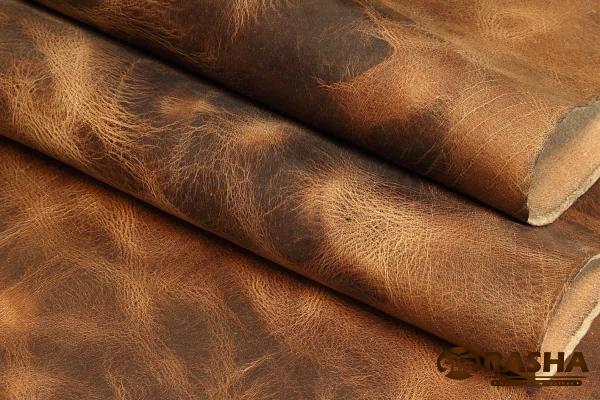
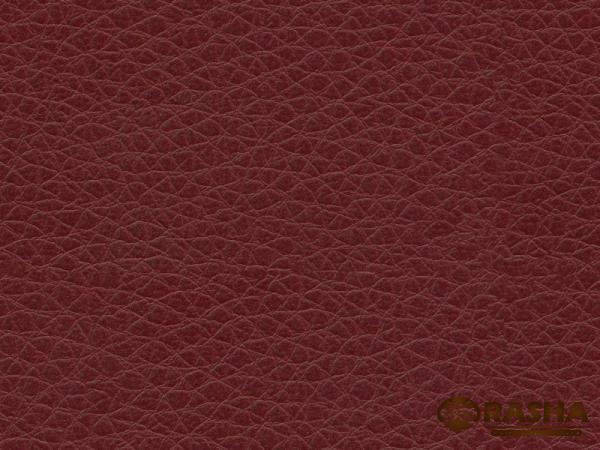
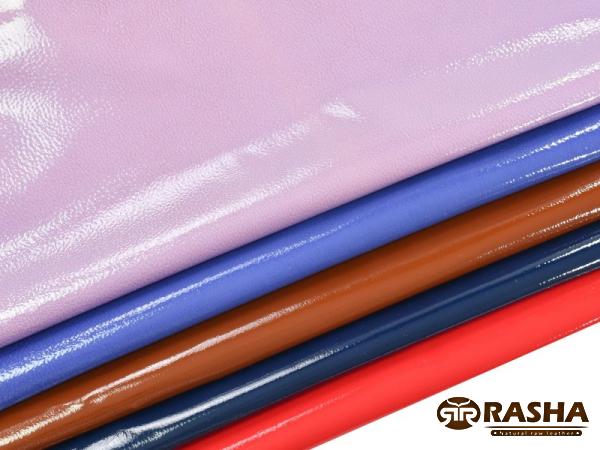
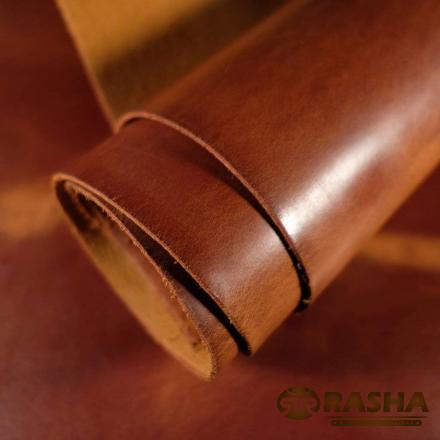
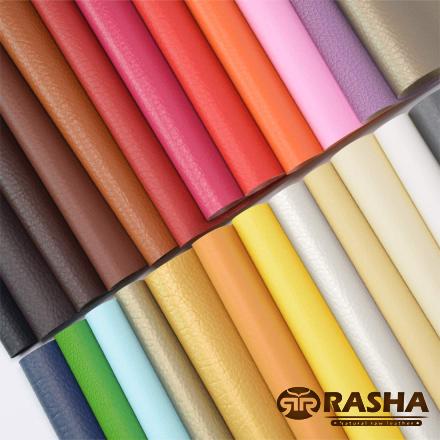
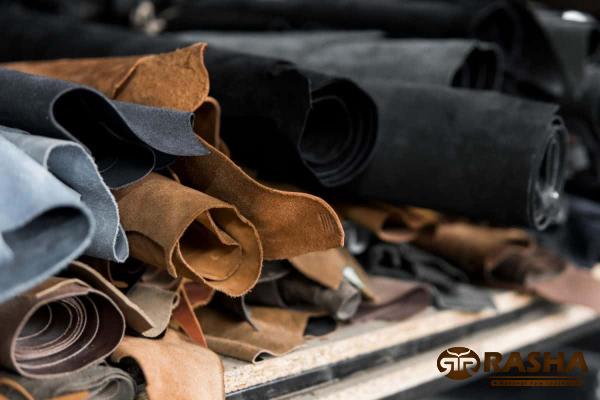
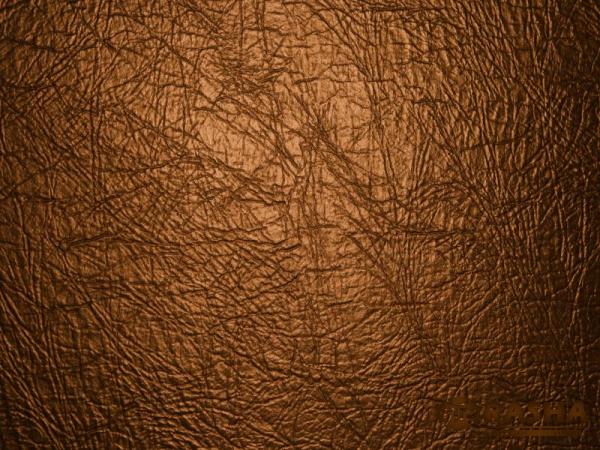

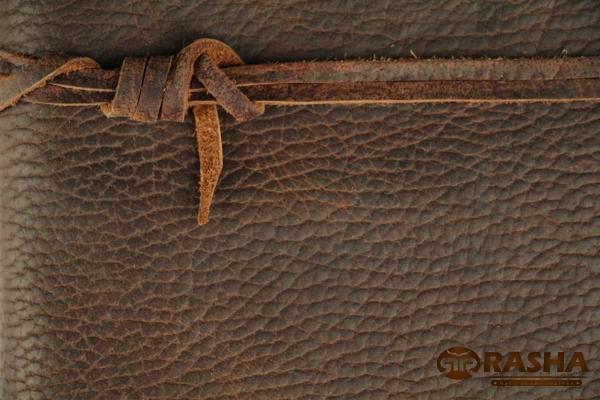
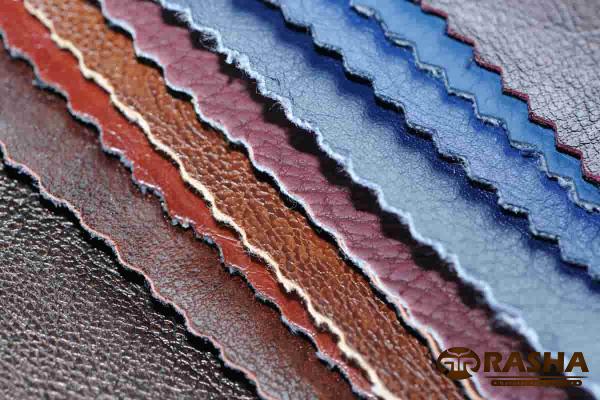
Your comment submitted.